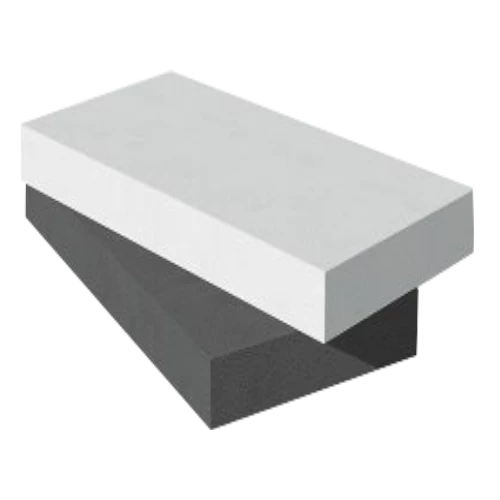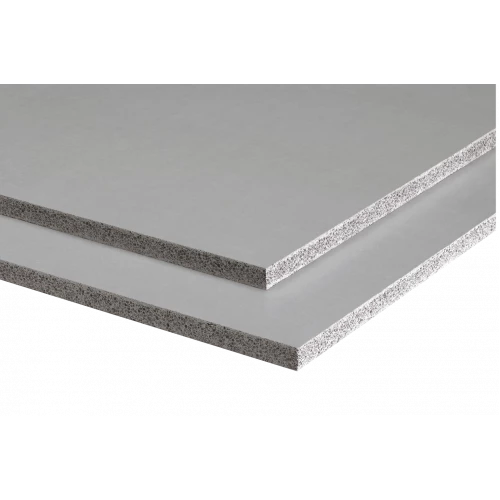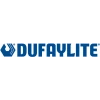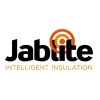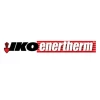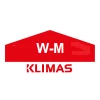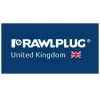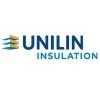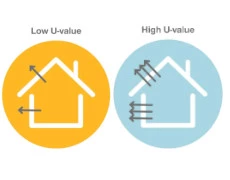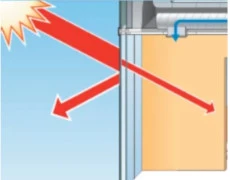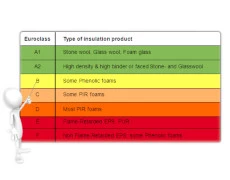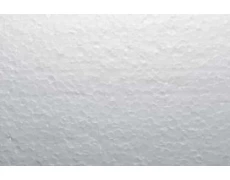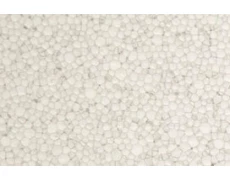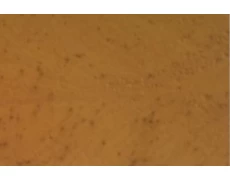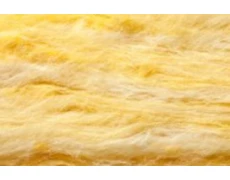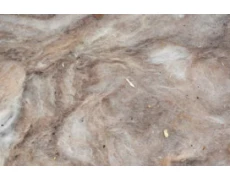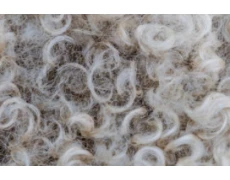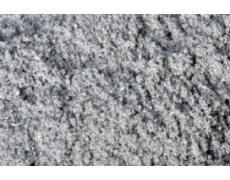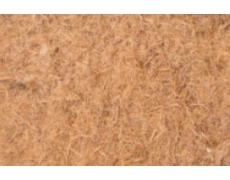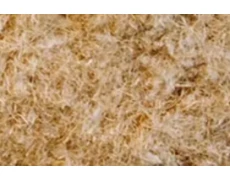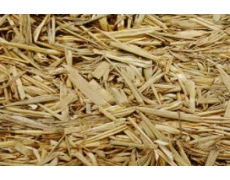
THE IMPORTANCE OF THERMAL INSULATION*
Humans have been using thermal insulation for many years, and interestingly, they first invented insulation for their bodies and later the tools. Therefore, it is worth asking why thermal insulation is so important in everyday life. In this blog post, we will try to answer this intriguing question. We will present the main aspects related to the insulation of our homes, what it entails, what it provides us, and whether it is worth insulating our homes thoroughly. So let's get started.
5 UNBELIEVABLE WAYS INSULATION CAN TRANSFORM YOUR LIFE
1. COST SAVINGS
Thermal insulation of homes is not only about emptying our pockets. On the contrary, by buying and insulating our homes, we save money. Generally speaking, the return on investment in insulation is relatively quick and sometimes takes as little as 5 years. Taking into account the constantly rising prices of gas and electricity, this time period naturally shortens. By installing products from renowned brands such as Kingspan, Celotex, or Xtratherm, even more savings can be achieved because we can purchase thinner insulation that provides better thermal performance. This also saves us valuable space in homes in the UK. We have already written about the costs associated with home insulation in another article titled BEST HOME INSULATION BOARDS
By reading this article, you can learn about the prices of individual materials and, generally speaking, compare and choose the right product.
2. SOUNDPROOFING
In addition to warming our homes, insulation also serves another important role, which is soundproofing. Many of us live near busy roads, airports, or other busy places generating noise levels above 70dB. This is already a significant burden on our well-being and health. The best products for this task are from the company Rockwool, namely RWA45, RW3 or RW5. By deciding to install them, we can effectively reduce the noise.
The names of these products indicate the density of the material we are dealing with. In simpler terms, the higher the density, the better the sound barrier. For example, RWA 45 (45kg/m3) provides soundproofing at a level of 30dB (when using a double layer of plasterboard). On the other hand, products with higher density like RW3 provide a density of around 60kg/m3, which translates into even greater soundproofing of our walls or ceiling. For instance, RW3 products are used in most partition walls in offices, airports, or schools. The highest level of soundproofing can be achieved with RW5, which has a density of around 100kg/m3. It can reduce the noise level by 45dB, which is a significant improvement considering that an airplane produces noise at around 120dB.
3. FIRE RESISTANCE
Another factor that makes it worthwhile to use rock wool insulation is its complete fire resistance. It is a Class A1 product, which means it is completely non-combustible and resistant to very high temperatures. Therefore, by using insulation, we not only save on bills but also ensure the safety of our family. Additionally, mineral rock wool can provide us with up to 240 minutes for evacuation in case of fire. This is significant considering that uninsulated wooden houses can easily burn down in just 20 minutes. When choosing thermal insulation, it is important to look for products that are completely non-combustible. Rockwool and their equivalent Knauf RS45, RS60, or RS100 are most likely such products.
4. MOISTURE PENETRATION
Thermal insulation, in addition to saving energy, providing soundproofing and fire resistance, also plays another role, namely, it inhibits the penetration of moisture into the interior of a building. As we know, the climate in the UK is not particularly favorable. The number of days without rain and with full sunshine can be counted on one hand. Therefore, it is necessary for us to use insulation that prevents the penetration of high humidity into our living spaces. The most commonly used material for this purpose is Rockwool DD mineral wool, which is installed on the external walls of the building along with a complete External Wall Insulation (EWI) system, such as a thin coat render system. By creating a protective barrier around our home, it effectively prevents moisture from infiltrating into our living spaces by almost 90%.
5. TEMPERATURE CONTROL
Another aspect provided by thermal insulation is its effective control of the internal temperature of the house. Whether insulating our home from the outside or inside, we use a material that absorbs heat. In other words, heat or cold is absorbed within the insulation material and slowly transferred to our masonry walls. This allows for a proper temperature range inside the house, fluctuating between 17 and 23 degrees Celsius. Our heating system is not forced to heat the walls from scratch. It takes only a short amount of time to raise the temperature inside our home to the desired 22 degrees Celsius. Therefore, the use of thermal insulation greatly enhances the efficient operation of a gas boiler, resulting in significantly reduced gas consumption. The temperature in the rooms rarely fluctuates and always remains within a specific range. In other words, by applying thermal insulation, it would be very difficult to allow the interior to reach a temperature similar to the one outside.
CONCLUSION
In conclusion, thermal insulation provides us with proper temperature control in our living spaces, as well as soundproofing for peace and quiet, fire resistance for safety, moisture regulation to prevent mould on the walls, and ultimately, lower maintenance costs for our home, resulting in more money in our pockets.
Related articles:
FOIL INSULATION: TO GAP OR NOT TO GAP? THAT IS THE QUESTION!
THE UGLY TRUTH ABOUT ROCKWOOL AS A SOUNDPROOFING MATERIAL?
MANAGING MOISTURE: DO YOU NEED A VAPOUR BARRIER WITH INSULATED PLASTERBOARD?
INSULATION TIPS: AVOIDING COMMON MISTAKES FOR A MORE ENERGY-EFFICIENT HOME
ROCKWOOL INSULATION: IS IT SAFE FOR YOU AND YOUR HOME?
THE ULTIMATE GUIDE TO 30-60-90-240 MINUTE A1 FIRE RATED BOARDS: BENEFITS AND APPLICATIONS
*All the information provided in the content published on Insulationgo blog is for informational and educational purposes only. Insulationgo LTD makes every effort to ensure the accuracy and timeliness of the content, but we do not assume any responsibility for any errors or omissions.
The information presented on this blog should not be considered as professional advice or a substitute for consulting relevant experts. Before making any purchase decisions or taking action based on the information presented here, it is strongly recommended to contact the product manufacturer directly to verify the details and ensure its suitability for your specific needs.
By using this blog, you acknowledge and agree that Insulationgo LTD shall not be held liable for any damages, losses, or inconveniences arising from the use or reliance on the information provided herein. This limitation of liability applies to all users of the blog, including but not limited to visitors, readers, and subscribers.











